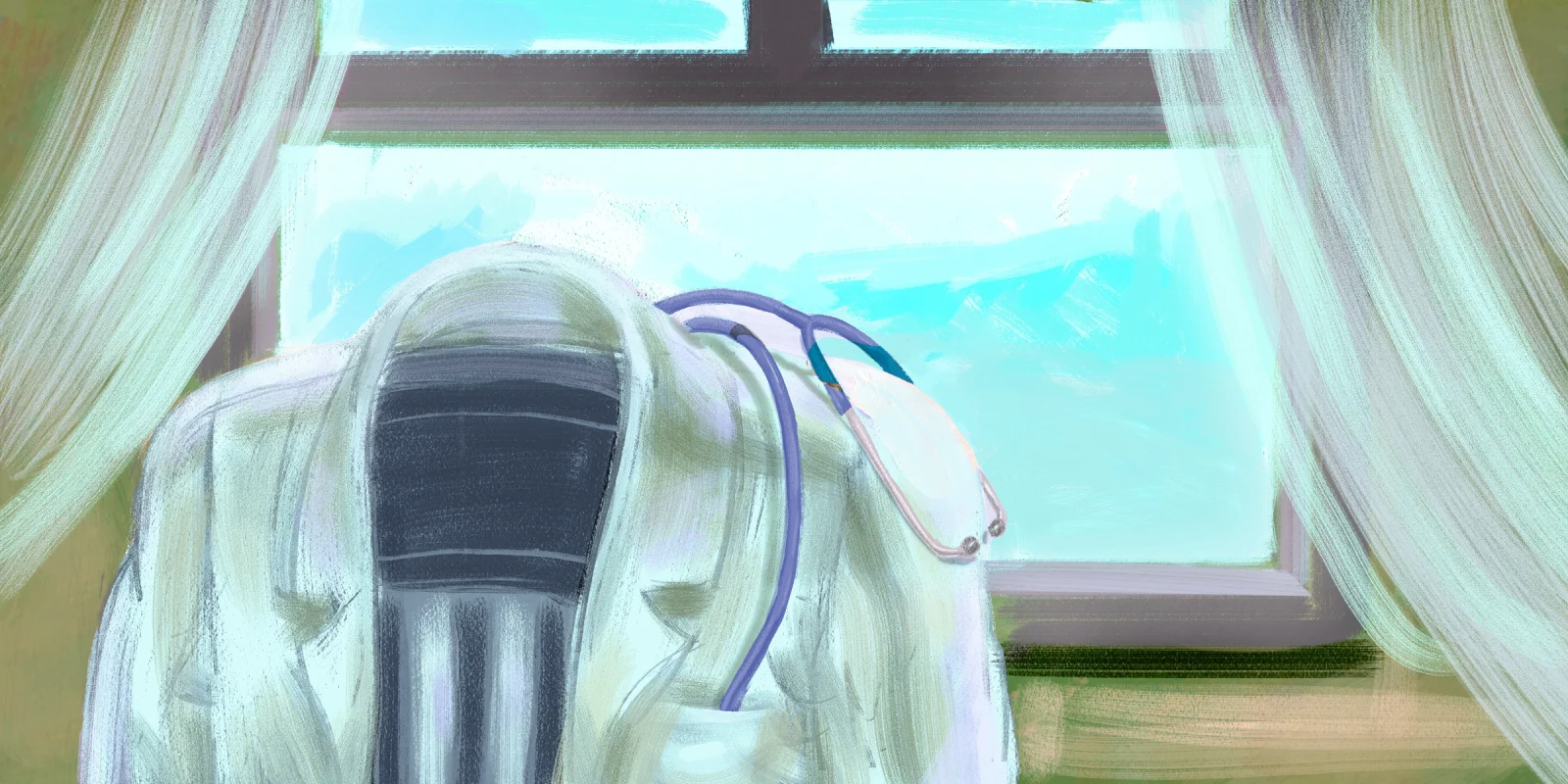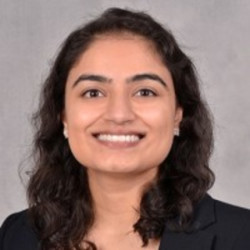As I step into my final year of residency, I find myself sifting through the fragments this journey has left behind, specifically the long nights, the quiet triumphs, and the bruises no one sees. Training to be a physician has been more than a progression of rotations and exams; it has been an unmaking and a remaking of who I am. Along the way, certain themes have emerged that I can’t ignore: what it means to be a woman in medicine, how it feels to absorb the frustrations and fears of others, and the constant, shifting search for belonging in a profession that still struggles with inclusion. These are not just lessons learned but also moments etched into memory, shaping not only the doctor I am becoming, but the person I will carry forward long after residency ends.
Female, MD
I have always been drawn to medicine, the problem-solving, the human connection, the way the body tells a story if you know how to listen. But walking into certain rooms, I’m reminded that not everyone expects that story to be told by someone like me. There are glances that linger too long, introductions that skip my title, questions aimed at my male colleagues even when I hold the answers. These moments, small but cumulative, leave quiet marks. They shape not only how I move through the field, but how I imagine carving out a space within it.
I remember a rotation where I was paired with a brilliant attending, a single mother who had built a formidable career within cardiology. She spoke candidly about how she navigated her path: how she avoided talking too much about her children, how every step of her career had been mapped with precision, not just for advancement, but to survive in a field that might count her motherhood against her. She spoke of having to be twice as prepared and twice as composed just to be seen as equal. Her words stayed with me as both a source of inspiration and a quiet warning. Because by then, I had already begun to sense some of the same pressures myself. It made me wonder how much space there truly was for women to lead in medicine without having to first disarm, dilute, or defend themselves.
Punching Bag, MD
There are days in residency when medicine feels less like a calling and more like a crucible. You become the closest body to absorb whatever emotion is too heavy for the room … grief, anger, fear. I’ve been cursed at, blamed, and even shoved. Not because of a mistake, but because I was there. Because someone had to be. Not just from patients but also nurses, discharge planners, families, and even attendings. Over time, I’ve had to learn where my skin ends and my sense of self begins, to create boundaries that allow me to hold space for others without erasing myself.
As I begin my third year, my skin has grown thicker, but the wounds still sting. Sometimes it feels like alarm fatigue for the soul. And I wonder what it means to tell incoming interns, who come in bright, hopeful, and watching, that this is part of the job. That disrespect is something to be tolerated. That it’s the cost of training, the price of being here. But maybe the cost has become too high. Maybe it’s time the profession reckoned with what it asks of us and also what it takes from us in return.
Person of Color, MD
As a woman of color, I’ve felt the weight of inclusion in countless small ways. Most times, it feels like a checkbox rather than a value, something scribbled into mission statements but rarely felt in day-to-day interactions. I still remember the first day of residency orientation when I walked into the medical education office to ask for help about an administrative issue. This is where people I never met, who would inevitably be present my entire residency, made fun of my last name. I walked away. I’ve felt the pressure to be gracious in the face of bias, to educate when I just wanted to be understood, to stay composed when what I really felt was tired. These aren’t feelings you can always name in the moment — they accumulate in silence, and only later do you realize the weight you’ve been carrying.
And yet, I’ve also seen what it looks like when voices like mine are truly heard. When mentorship is intentional, when leadership reflects diversity not just in appearance but in thought. I’ve had attendings who have created space for vulnerability, who recognized the burden of representation in all ways and helped shoulder it. I’ve seen how powerful it is when a team values not just what you do, but who you are.
Residency has tested my intellect, endurance, and identity. But it has also clarified what matters most: the kind of doctor I want to be, the kind of leader I hope to become, and the kind of culture I believe medicine can foster. These years have not only taught me how to care for others, but also how to advocate for myself. It taught me that I am more than just my white coat.
Dr. Siya Bhagat is a second-year internal medicine resident and aspiring cardiology fellow. She enjoys playing pickleball, exploring new restaurants, and spending time with friends and family. She was a 2024–2025 Doximity Op-Med Fellow.
Illustration by Jennifer Bogartz






